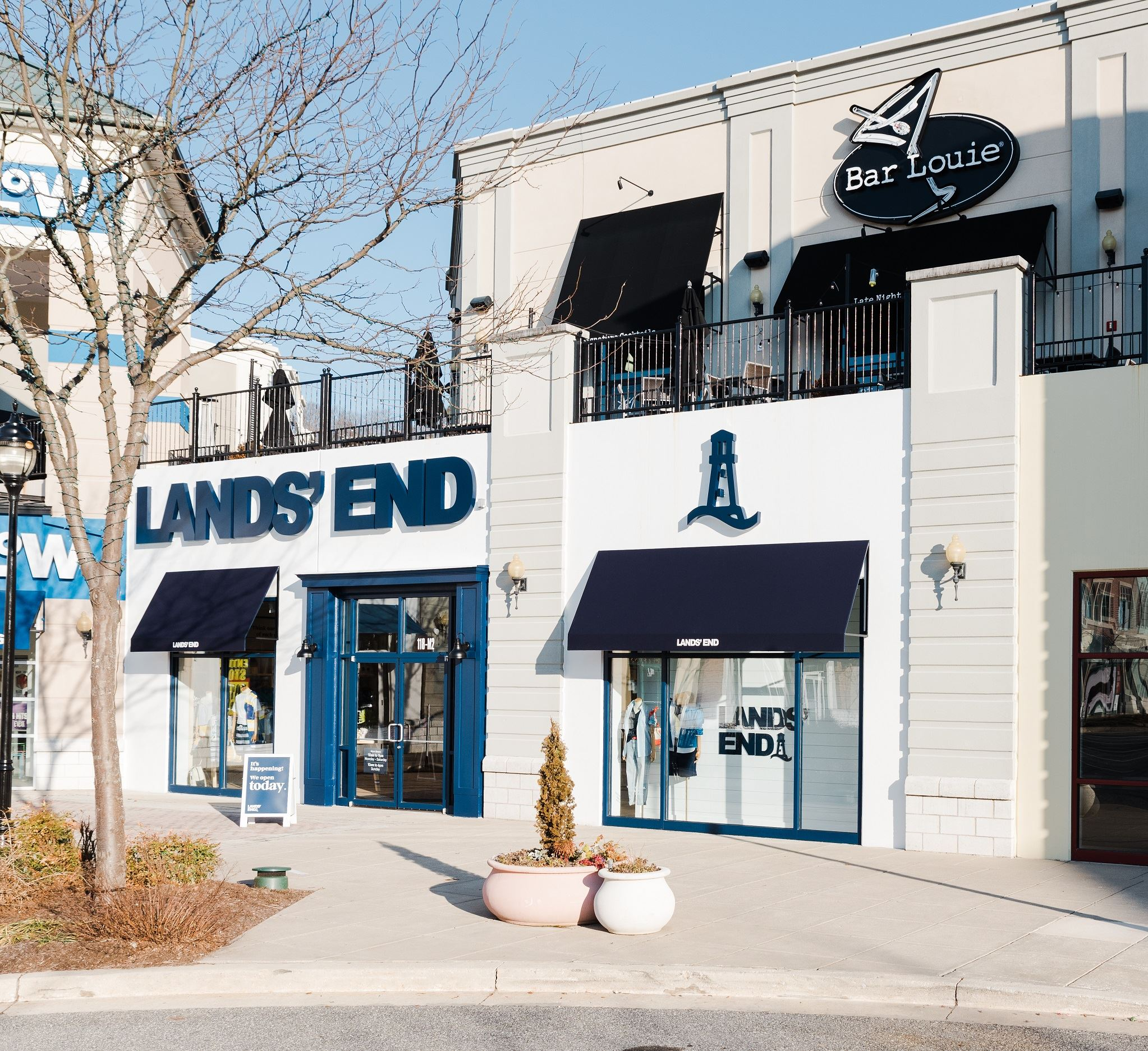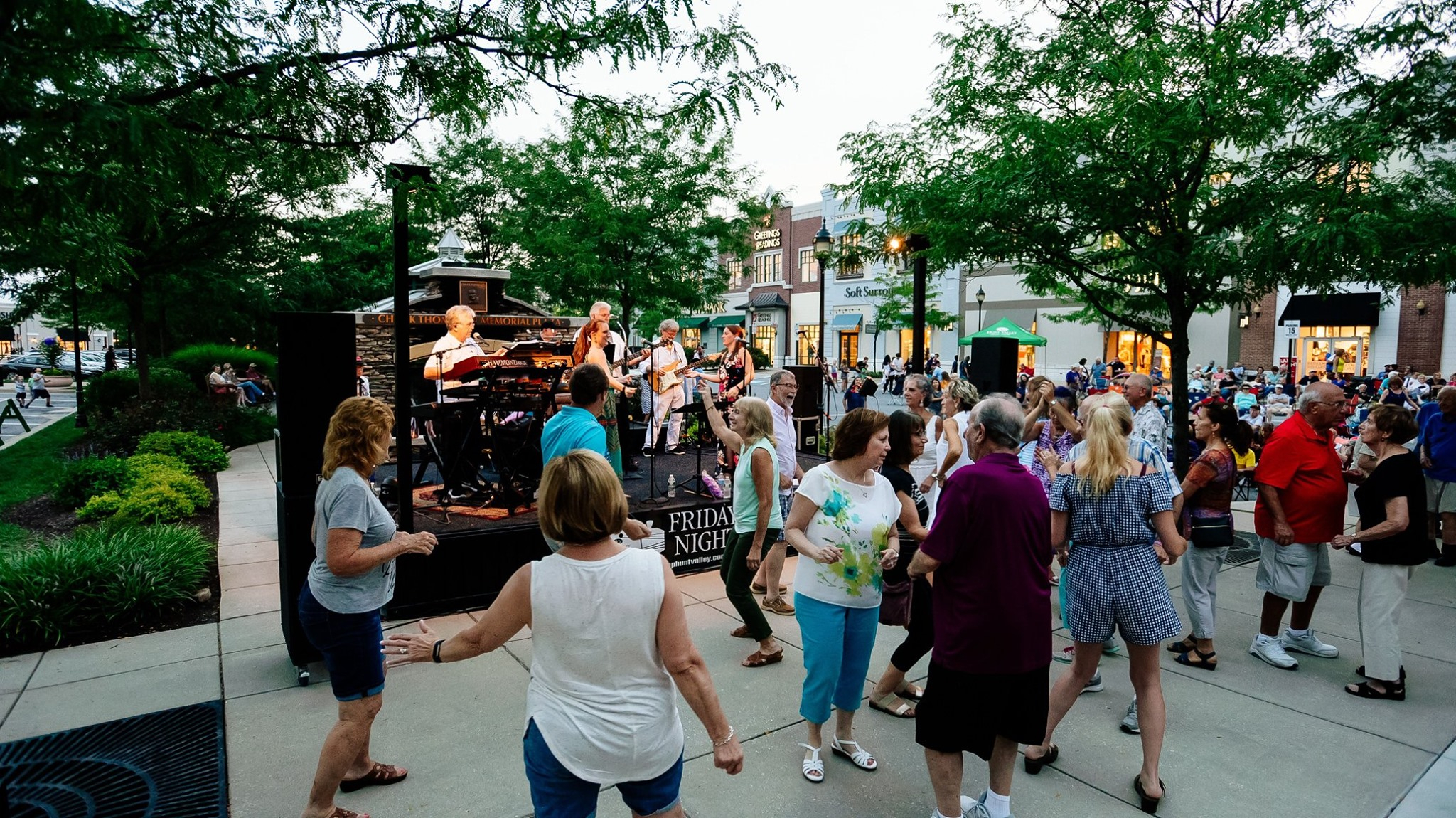Not every retail center that falls on hard times will fail. Some have actually recovered to become virtual paragons of reinvention, reinvestment and community enrichment, by virtue of developers and cities with the vision and means to turn them around.

Pioneered by influential mall developer Myles Tanenbaum, of Kravco Co., Hunt Valley Mall opened in Cockeysville, Md., in 1981 as one of a new wave of enclosed Maryland malls that captured the public’s fancy in the Northeast U.S.
But problems began early. Bamberger’s (later Macy’s) and Sears were the only anchors to open, instead of four that were planned. And, inauspiciously, environmentalists protested the mall’s development, with one key county official refusing to attend opening ceremonies.
“Though the center’s Sears space, which Seritage owns, fell vacant upon Sears' departure in 2017, it soon welcomed a Michaels and a HomeGoods”
Still, the mall was a marginal success for roughly a decade — though competition from such newer centers as Golden Ring Mall, The Mall in Columbia, Towson Town Center and White Marsh Mall eventually cast Hunt Valley in the “odd mall out” role. By the end of the 1990s, many merchants had failed or were failing (Sears was among the few hangers-on), and in 2001 Hunt Valley Mall was listed on Deadmalls.com.
But it was not dead. In 2003 Owings Mills, Md.–based Greenberg Gibbons bought the nearly dormant facility, armed with ambitious plans to revive it as an open-air, mixed-use destination. The developer signed Wegmans as grocery anchor, recruited a blend of trendy restaurants and retailers, and renamed the place Hunt Valley Towne Centre for the 2005 reopening.

A free concert on the green at Hunt Valley Towne Center
Adding offices and homes, Greenberg Gibbons created a fitting work-shop-live-and-play balance that would successfully resonate with the community, according to Chairman and CEO Brian J. Gibbons. Greenberg Gibbons expanded the center five years later with offices and more retail, then teamed up with AvalonBay Communities in 2016 to build 332 apartments atop the first-floor retail.
Though the center’s Sears space, which Seritage Growth Properties owns, fell vacant when Sears departed in 2017, it soon welcomed a Michaels and a HomeGoods. Among the other tenants are California Pizza Kitchen, Dick’s Sporting Goods, DSW Designer Shoe Warehouse, Five Below, Lands’ End, Marshalls, Regal Cinemas and Ulta Beauty.
Next up is a $150 million, 14-acre, phased program to bring in a hotel and additional retail space. “The goal is to densify the site while refreshing and renewing architectural features, landscaping and amenity spaces,” said Gibbons. “Hunt Valley continues to evolve to meet consumer demand [and to] adapt, reuse and create greater experiences.”
By Steve McLinden
Contributor, Commerce + Communities Today


